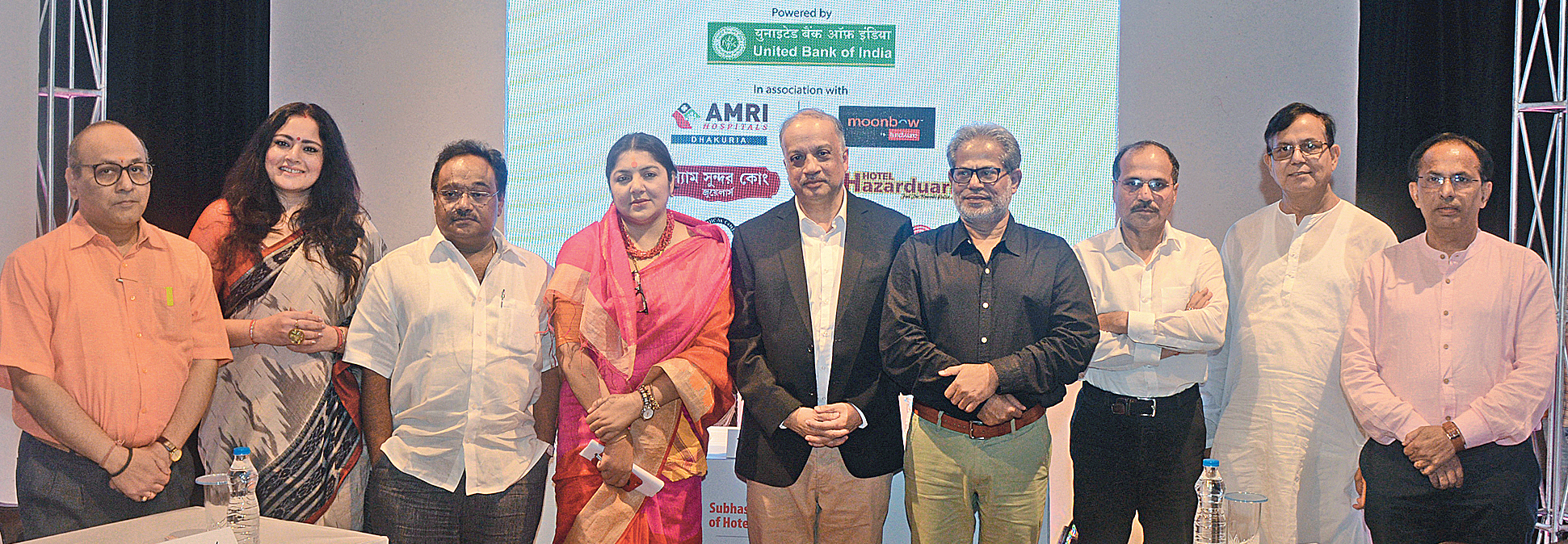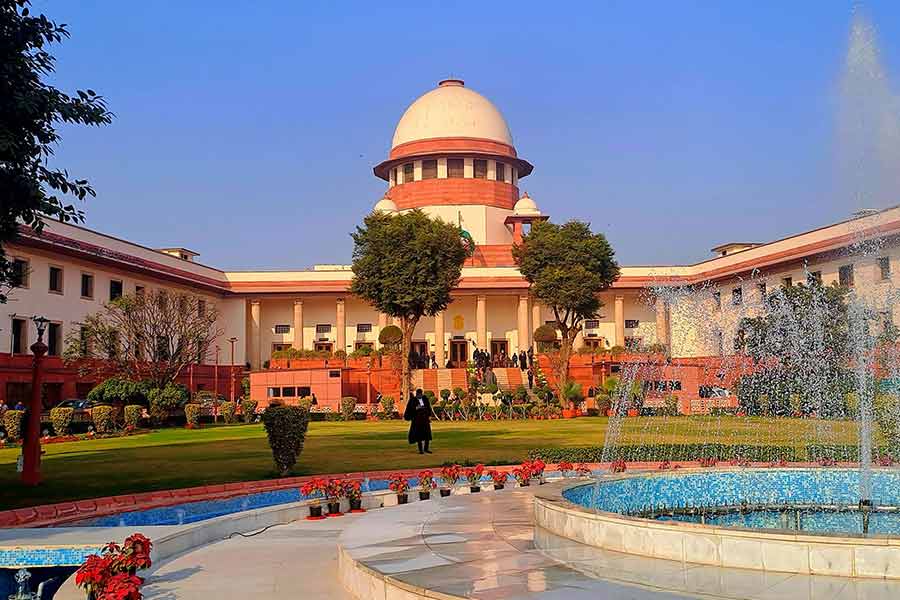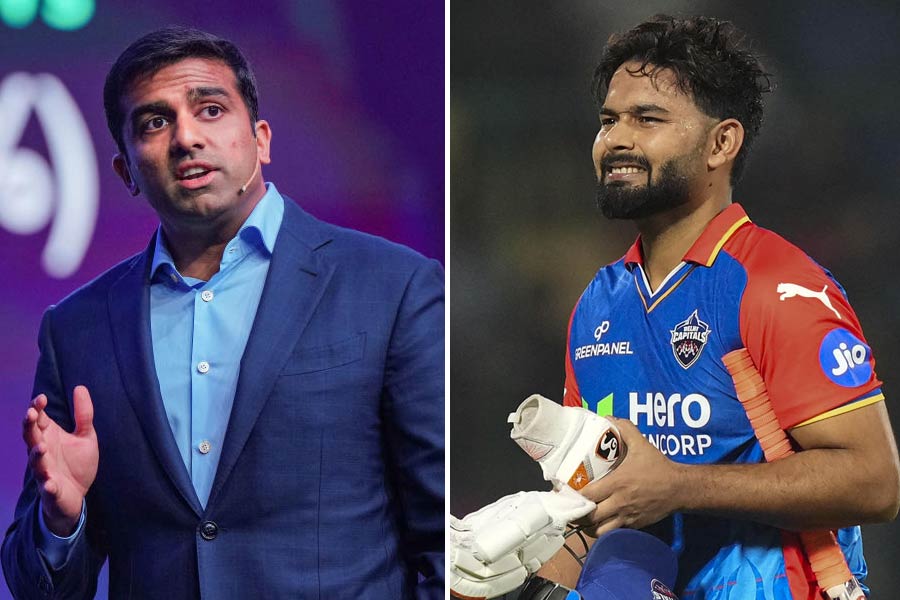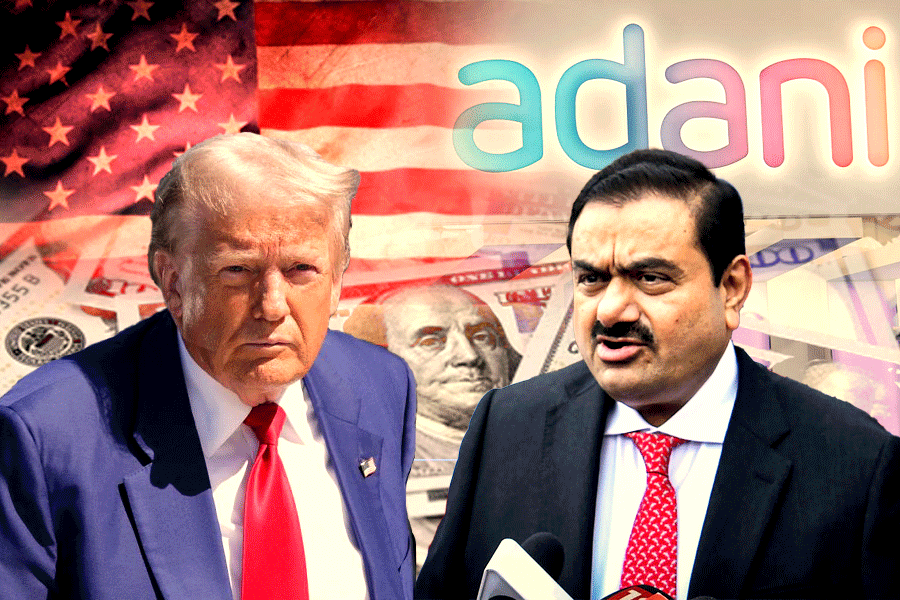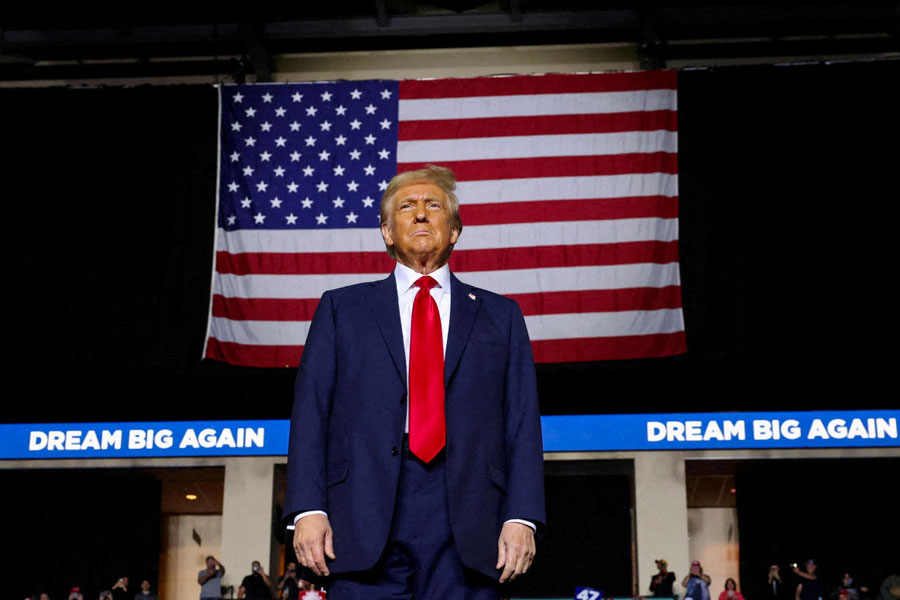When speaker after speaker from the BJP quoted Rishi Aurobindo, Swami Vivekananda, Mahatma Gandhi and Rabindranath Tagore in a debate, Congress MP Adhir Chowdhury asked if the pantheon of great leaders named endorsed their idea of India or their brand of Hindutva.
Speaking at Desh Bitarko 2019, Chowdhury, leader of the Opposition in the Lok Sabha, said: “You referred to Rishi Aurobindo, Swami Vivekananda, Mahatma Gandhi, Rabindranath Tagore in your speech. What is the sprit of their message? Do you think the sprit of their message is synonymous with your Hindutva?”
“If you had accepted the nationalism of Tagore, the brotherhood of Swami Vivekananda, then you wouldn’t have come under so much of criticism.”
The motion for the evening was “Sabar opore dharma satya (Religion is the ultimate truth)”.
Speaking in favour of the motion, BJP leaders Sarup Prasad Ghosh, Samik Bhattacharya, Locket Chatterjee and Agnimitra Paul were pitted against Adhir Chowdhury, CPM politburo member Mohammad Salim, poet Subodh Sarkar and gastroenterologist Abhijit Chowdhury.
Cardiac surgeon Kunal Sarkar, a trustee of the Calcutta Debating Circle, moderated the debate that ended in the defeat of BJP leaders in a show of hands.
Arguing for the motion, Ghosh said: “Swami Vivekananda through his collection of works said that as long as consciousness has existed in mankind, religious thoughts have existed. Sri Aurobindo had said that dharma was the basis of democracy in Asia.”
Almost echoing Ghosh, fashion designer Paul, who has of late aligned with the BJP, said: “Swami Vivekananda in 1893 (Chicago) had spoken about universal brotherhood and the unity of all religions.”
Samik Bhattacharya, the former BJP MLA, said: “Mahatma Gandhi had said India is secular because Hindus are tolerant. Go ahead and say that Mahatma Gandhi's opinion is completely wrong.”
Tearing into the opposition’s tactics of referring to the great leaders who are revered for upholding the ideas of tolerance and India’s plurality, Chowdhury said: “It (this pluralism) accommodates differences and those differences in turn embody and enact dissent and disagreement..”
Abhijit Chowdhury spoke about how whataboutery was being used to justify violence.

